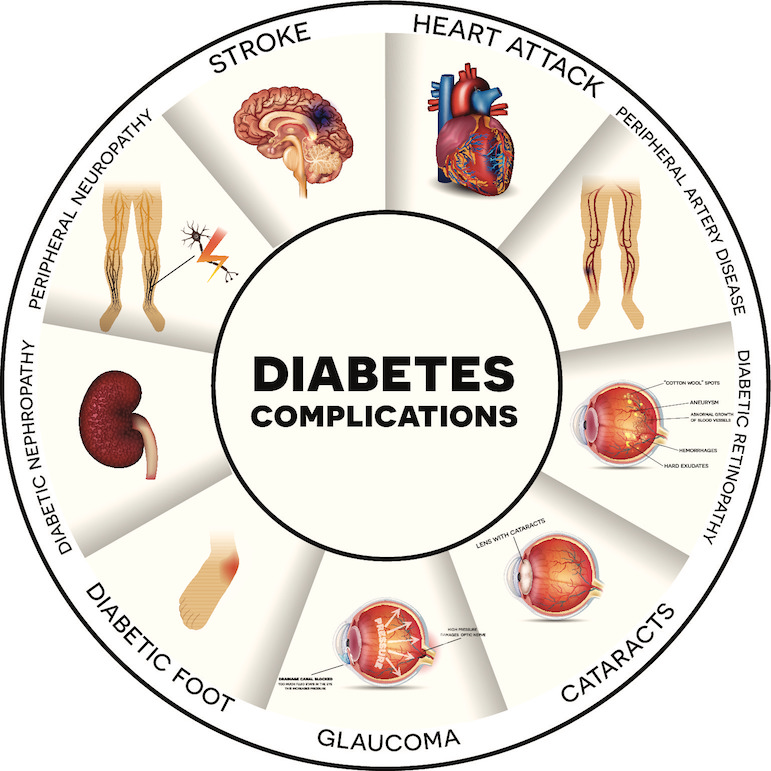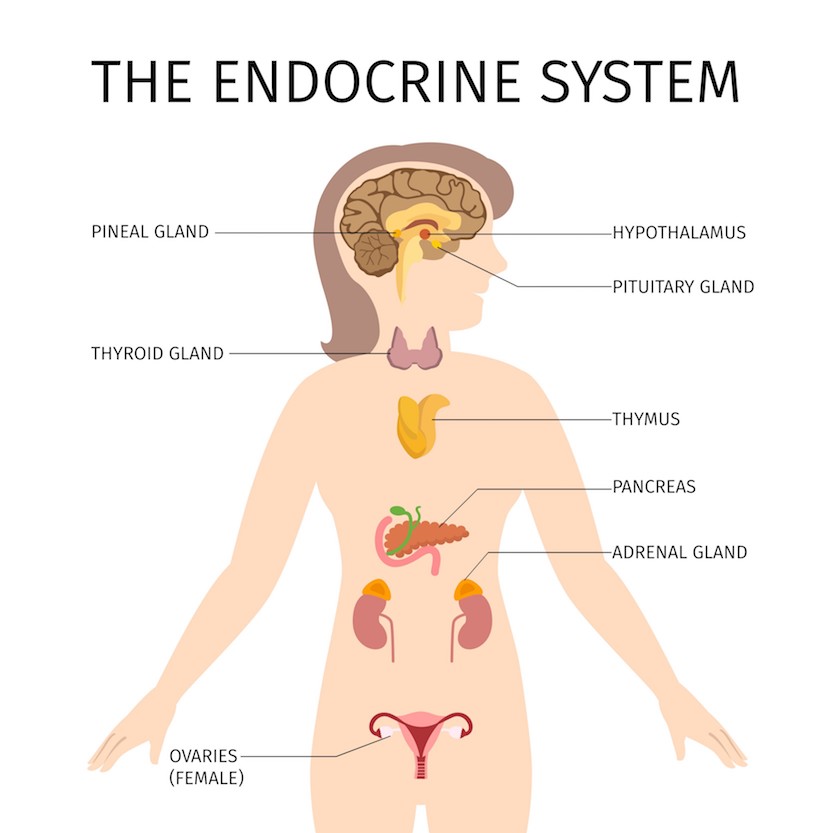The Diabetes Cure: Is Diabetes Really Reversible?
The conventional approaches to the treatment and management of diabetes is the single worst case of mismanagement in medicine today!
Full disclosure: My family history is riddled with diabetes — uncles, aunts, grandparents, and parents all with diabetes. These were not overweight people. Not by today’s standards. They had a genetic predisposition for sure. However, each had a chance to control the disease and failed miserably.
Besides genetics, what did they have in common? They all used the conventional approach to diabetes care: Lowering blood sugar by any means necessary, including using prescription drugs and insulin injections, which increase the risk of long-term complications including heart disease and cancer. Diabetics using the pharmaceutical heavy model are destined to remain reliant on the medical system.
Diabetes treatment in the current conventional health care environment will not reverse diabetes and in many cases will actually aggravate the underlying causes of the illness, leading to more chronic conditions and long-term complications.
How can we expect to reverse something with medicine if we never address the root cause?
Asking Better Questions
Conventional medicine approaches diabetes treatment with the wrong question: “How can we lower the patient’s blood sugar?”
A better question is this: “What are some root causes of blood sugar problems and what can we do to resolve them?”
The underlying causes of blood sugar problems include the following: Continue reading…




